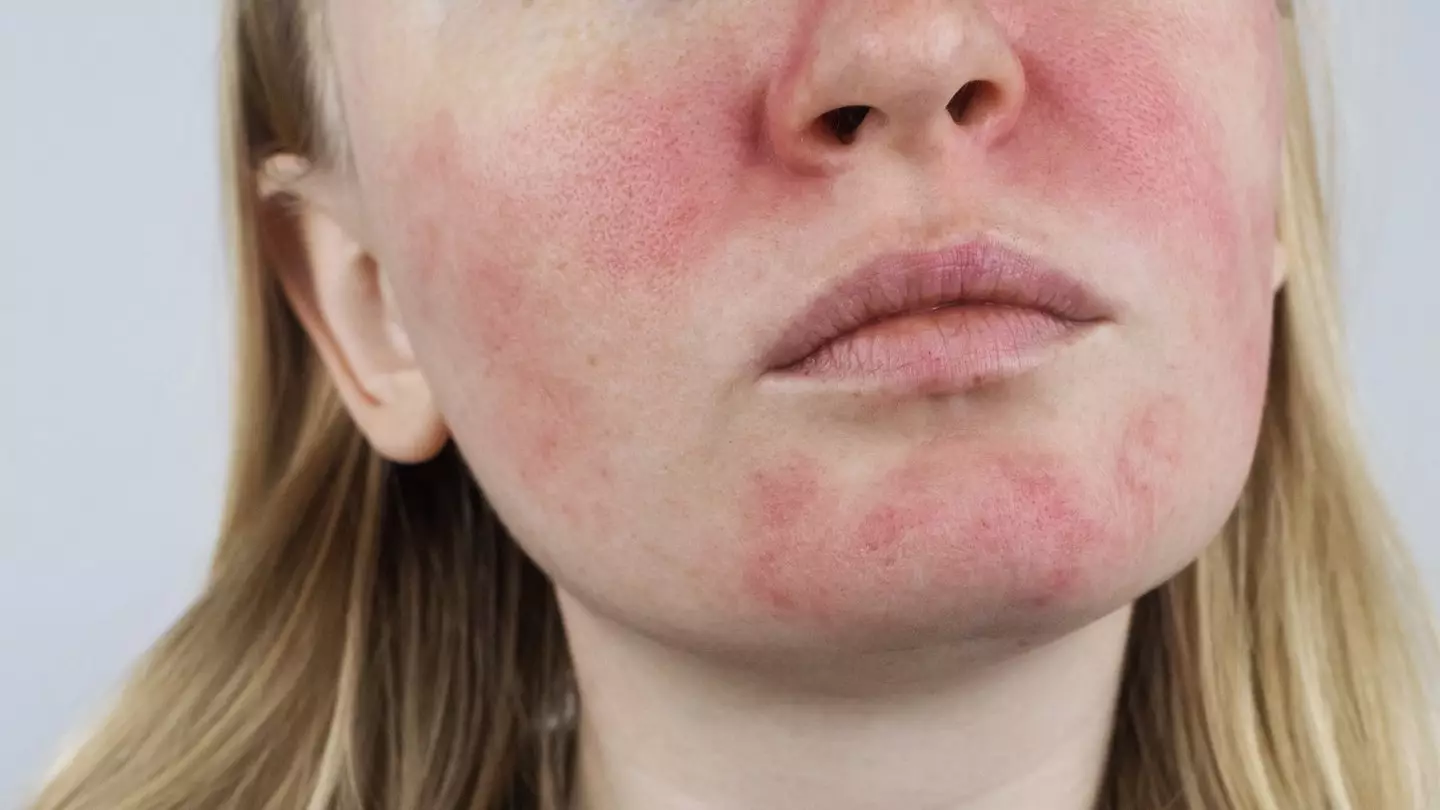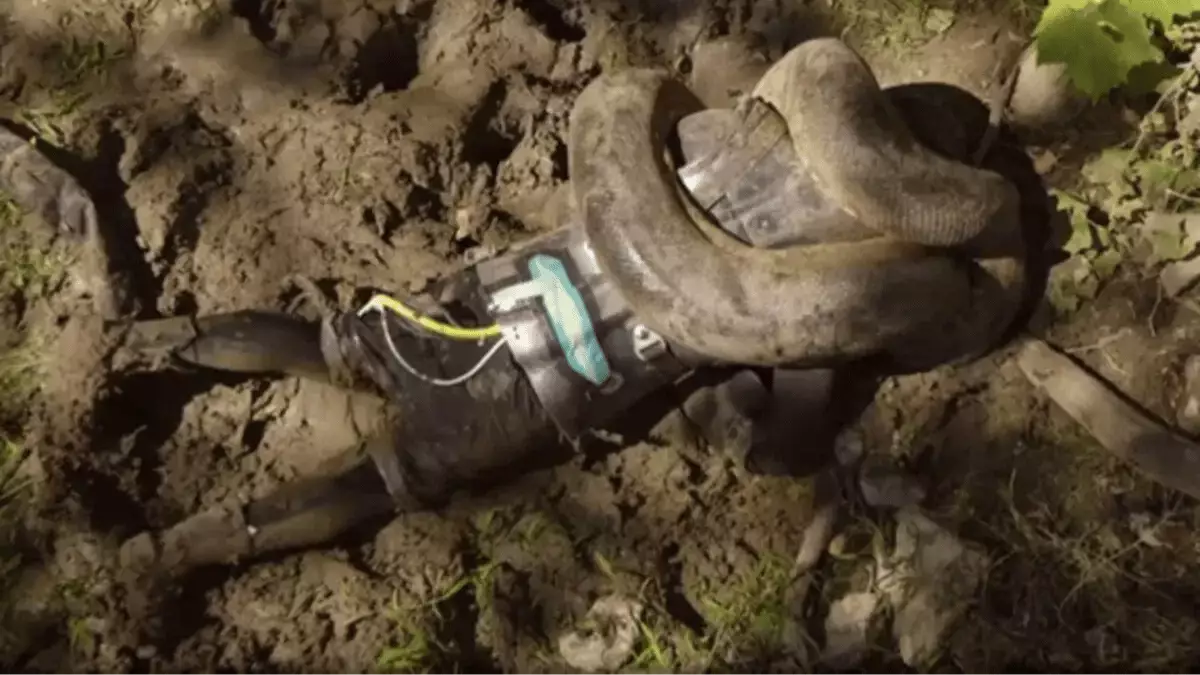


Sport stars have previously had to bed down on cardboard structures

The scientists also made a significant discovery regarding one of the strains

There has been a major backlash to the use of AI in the gaming industry

ADHD is at a record high

People with problematic apps on their devices are starting to get new warnings

The testimony comes from Amnesty International

The word appears hundreds of times, and it's thought to be a reference to the most disturbing of crimes

His ex-wife previously spoke out about 'painful times' in their marriage

One of them in particular should be very easy to see

She said it was not what she was hired to do

It's being dubbed 'The All-American Halftime Show'

Your skin might be going red due to something called 'alcohol flush reaction'

Psyche could theoretically make everyone on Earth very rich
.jpg)
She made it clear she thought Epstein was 'evil personified'

Gerwyn Tumelty has opened up about his extremely painful health condition

It's getting harder and harder for people to use the devices for illegal streaming

He could hear his collar bone 'start to flex' before he got help

A study has revealed what women really prefer in the bedroom

Her family have paid tribute to her strength, warmth, and unwavering love

ADHD diagnoses have seen a '20-fold increase' in the past two decades

They were testing the fuel systems when something went wrong

Only 300 cases of the rare condition have been reported and it can have several causes

They'd earned a staggering amount from the illegal streaming service




